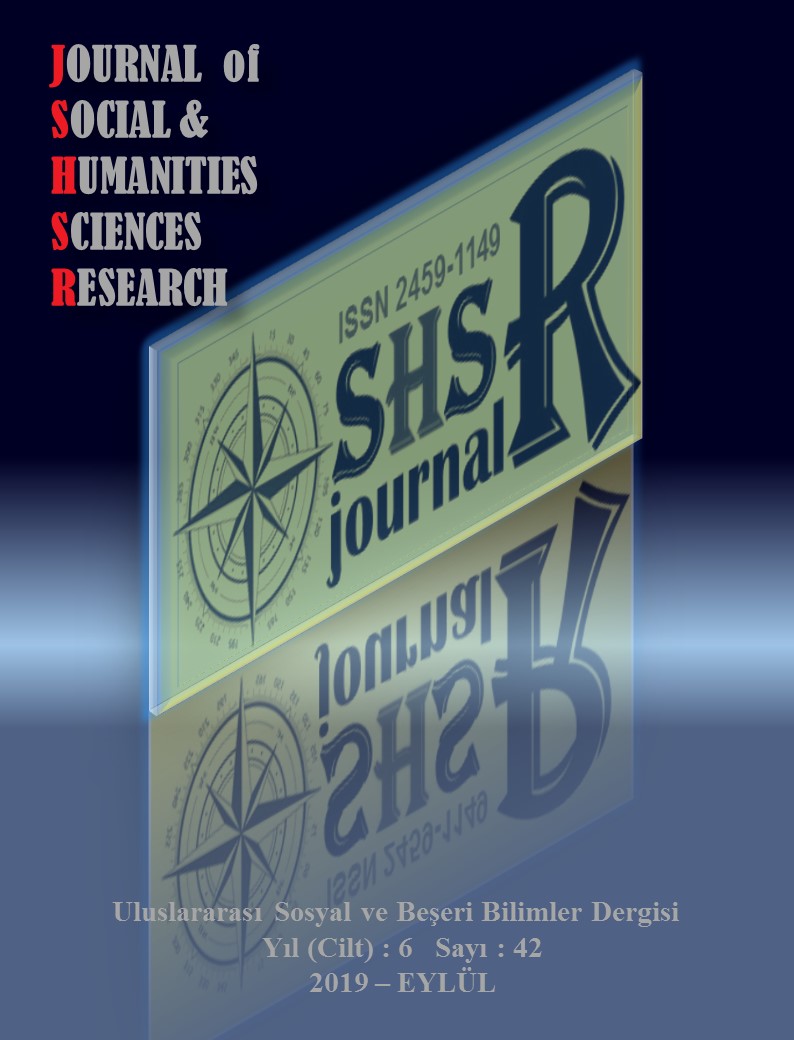THE EFFECT OF SOCIAL MEDIA ADDICTION AND NOMOPHOBIA ON ACADEMIC PROCRASTINATION
DOI:
https://doi.org/10.26450/jshsr.1372Keywords:
Social media, Addiction, Nomophobia, Academic ProcrastinationAbstract
The main aim of this study is to determine whether social media addiction and nomophobia effect academic procrastination behavior and if so, to determine the level of these effects. The conceptual structure of the study was constructed by searching the researches conducted in the literature. In the application section, the data obtained from the surveys filled by the samples were analyzed, and the results and findings were discussed.
The general universe of the study consisted of 39.000 students who were studying at a public university in Kahramanmaraş, and 457 students participated in the study. The samples were determined by random sampling method. The students filled the questionnaire. According to the results of the research; While mobile phone subscription increased by 22.5%, Internet subscription increased by 1171%, the participants have begun to use mobile devices instead of fixed technological devices such as desktop computers. The purposes of personal internet usage were found to be 94.6% messaging, 85.0% online calling, and 77.7% social media usage. In terms of the percentage of social networking site usage; WhatsApp 24.2%, Youtube 23.3%, and Instagram 19.0%, in terms of frequency of social media usage; 90.6% daily once and more ”,in terms of usage time, the highest value was found to be for “more than five years” was 46.2%. In terms of access to the internet; the responses of the participants were as mobile phone with of 51%, at home-dorm or school 46.0%; for the frequency of internet access, 67.2% of the participants access internet in the range of one to five hours, 20.4% of them access internet six hours or more. According to the analysis results; there was a positive relationship between academic procrastination and access to information, lack of required devices, lack of online access which were the sub-dimensions of nomophobia. There was no significant relationship between the outage of the connection and academic procrastination. Among the social media addiction sub-dimensions, virtual tolerance and virtual communication have a significant positive correlation with academic procrastination. The correlation with virtual tolerance was stronger than other sub-dimensions.
Downloads
Published
How to Cite
Issue
Section
License
Copyright (c) 2019 INTERNATIONAL JOURNAL OF SOCIAL HUMANITIES SCIENCES RESEARCH

This work is licensed under a Creative Commons Attribution 4.0 International License.


